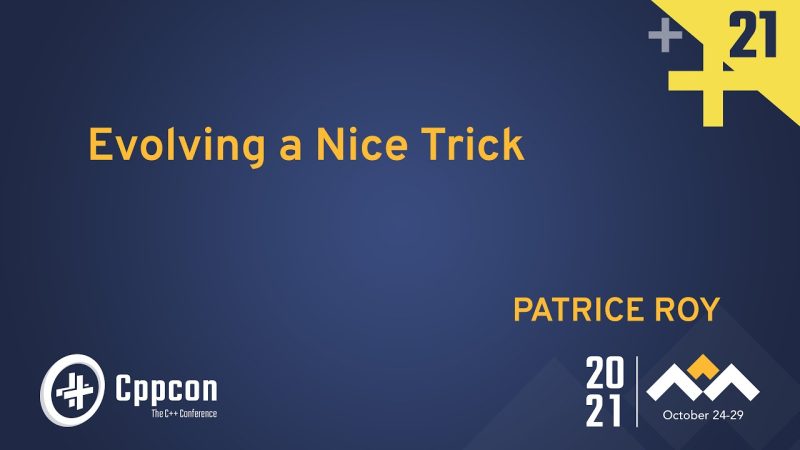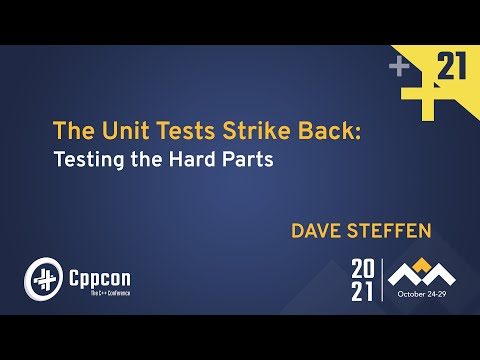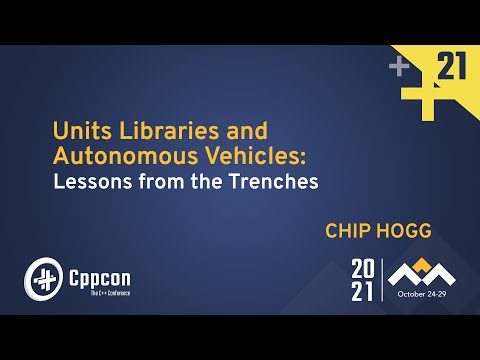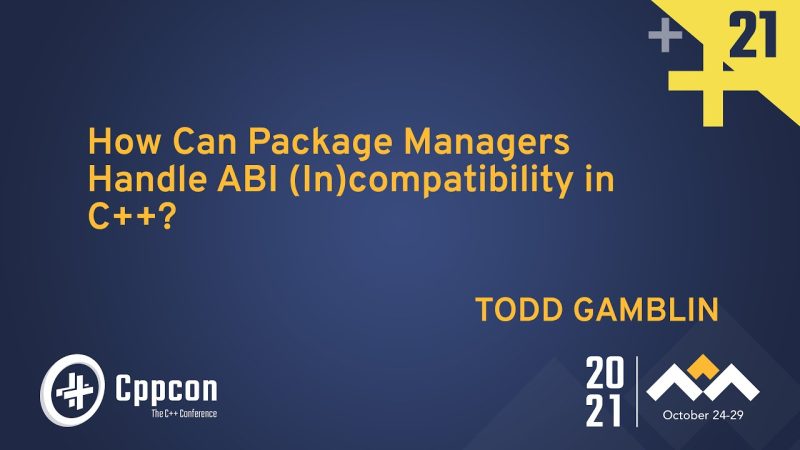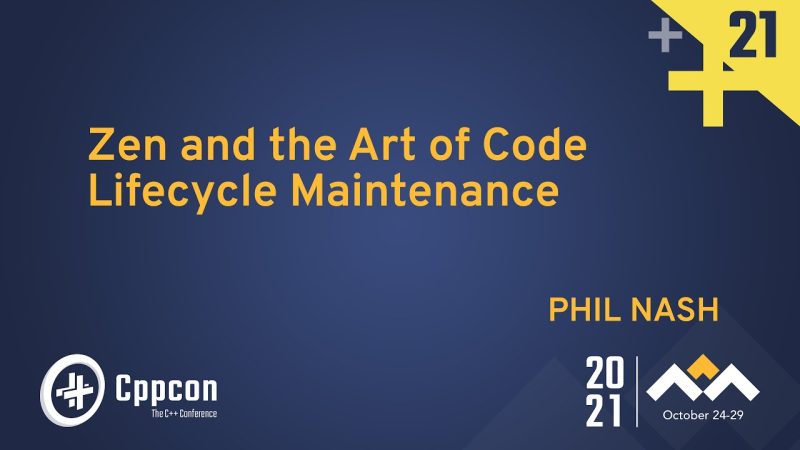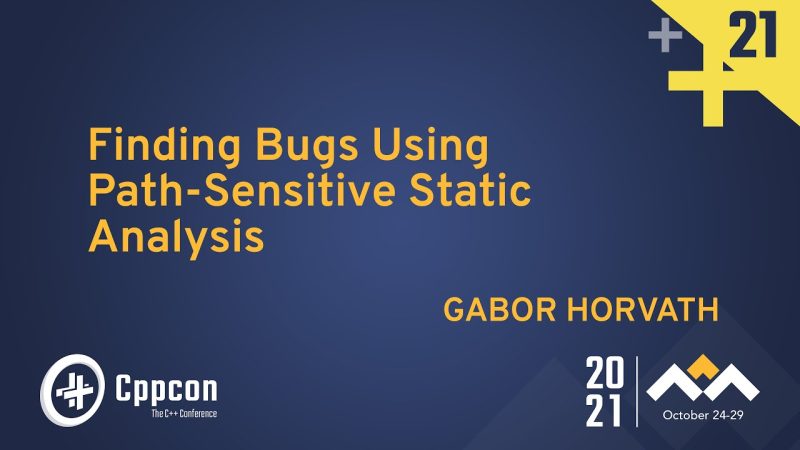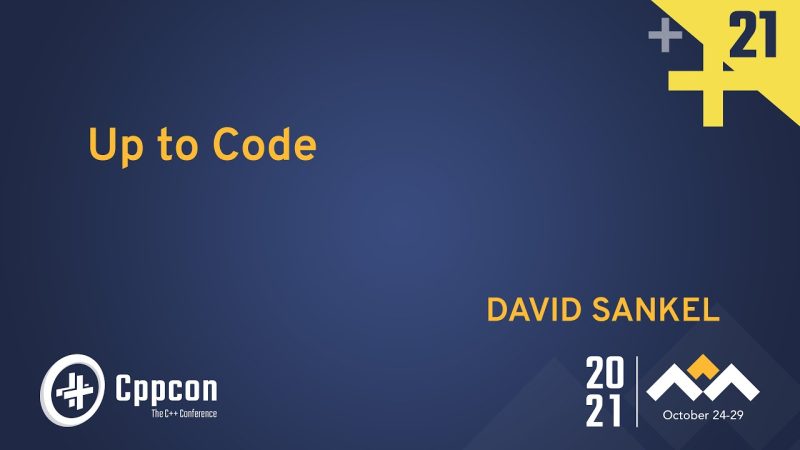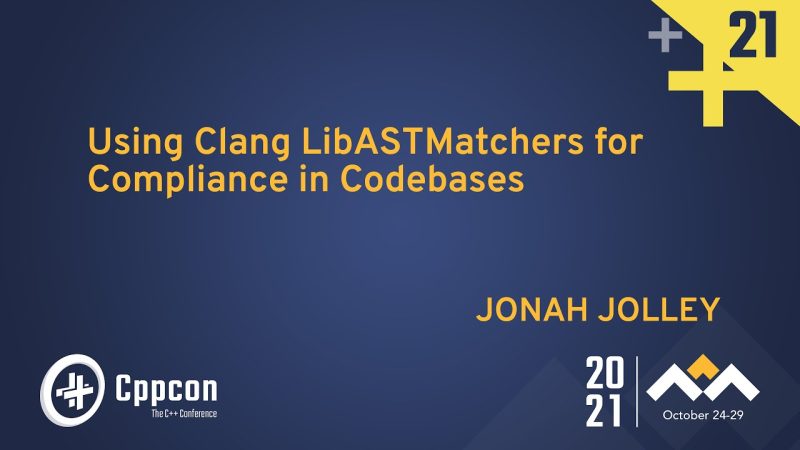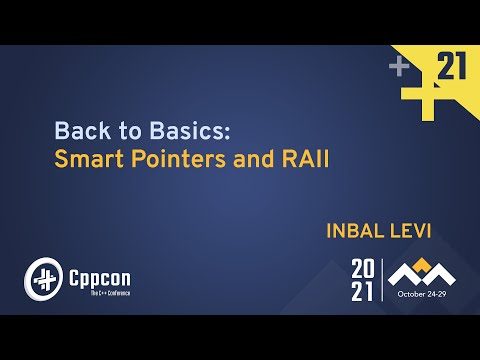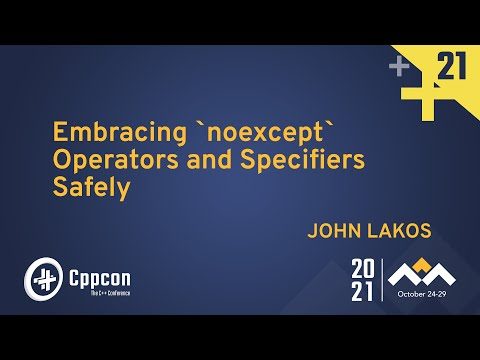https://cppcon.org/
https://github.com/CppCon/CppCon2020
---
We will start with a "simple" problem, and put ourselves in a situation where only C++98 is available to us, with no other library that the C++ standard library. We will solve that problem with the tools at hand, and (hopefully) be satisfied with what we did in that context.
We will then fast-forward to C++11, and revisit the same problem, solving it better with the tools at hand. We will do the same again with C++14, then with C++17, and finally with C++20. At each step, we will examine the ways in which the language makes our solution better, more efficient, simpler.
This will lead us to reflect on what C++ is becoming, and where it is leading us. And hopefully, this will make us smile!
---
Patrice Roy
Patrice Roy has been playing with C++, either professionally, for pleasure or (most of the time) both for over 25 years. After a few years doing R&D and working on military flight simulators, he moved on to academics and has been teaching computer science since 1998. Since 2005, he’s been involved more specifically in helping graduate students and professionals from the fields of real-time systems and game programming develop the skills they need to face today’s challenges. The rapid evolution of C++ in recent years has made his job even more enjoyable. He’s been a participating member in the ISO C++ Standards Committee since late 2014 and has been involved with the ISO Programming Language Vulnerabilities Committee since late 2015. He has five kids, and his wife ensures their house is home to a continuously changing number of cats, dogs and other animals.
---
Videos Streamed & Edited by Digital Medium: http://online.digital-medium.co.uk
The CppCon YouTube Channel Is Sponsored By:
JetBrains : http://jb.gg/cpptools
SonarSource: https://www.sonarsource.com/


